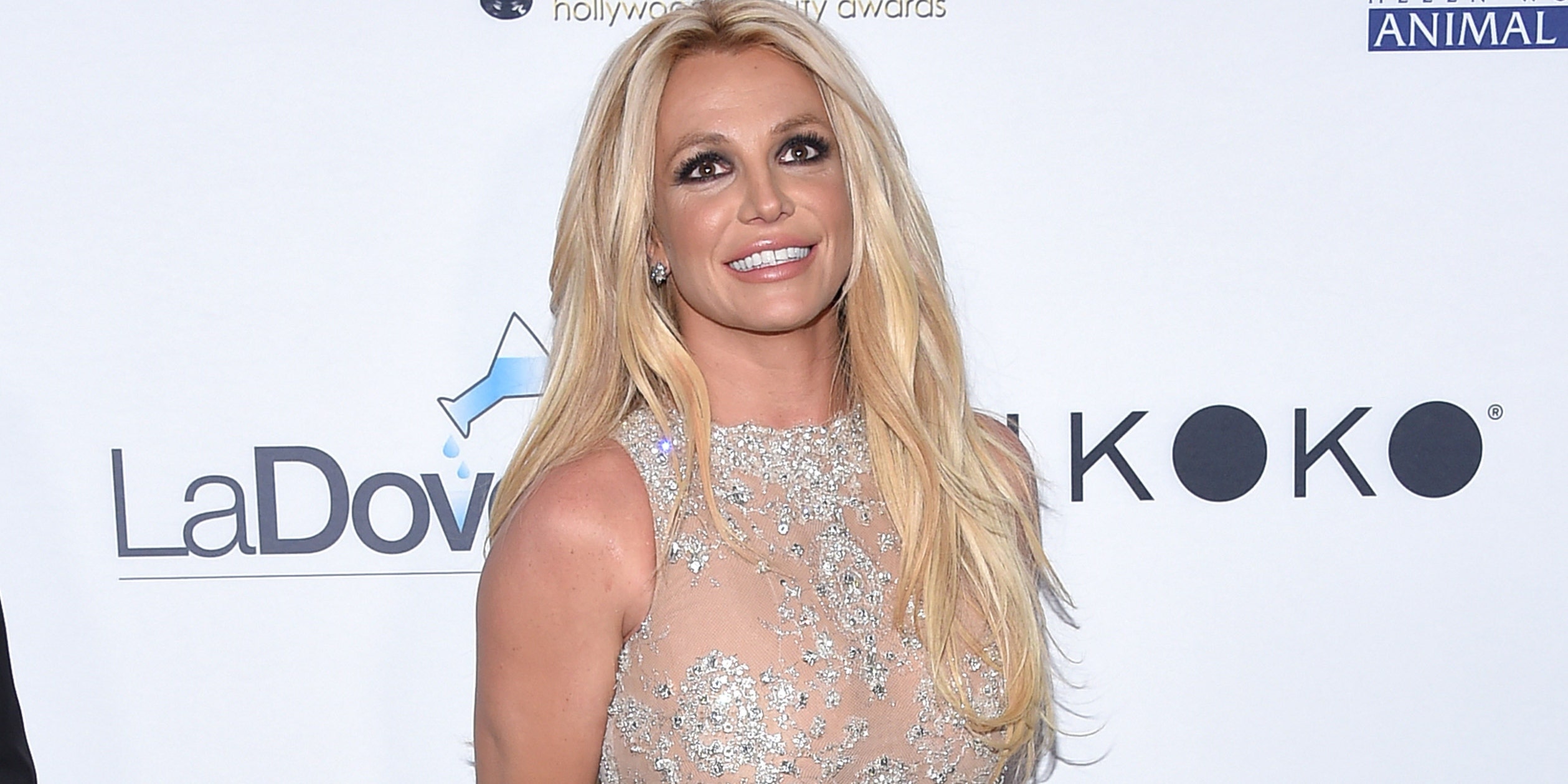Lawmakers Introduce Bipartisan 'Free Britney' Bill To Stop Conservatorship Abuse — But It Won't Actually Free Britney
Here's how the bill falls short.
 DFree / Shutterstock
DFree / Shutterstock In the midst of Britney Spears’ lengthy and high-profile battle to end her conservatorship, members of the House of Representatives have introduced a Free Britney bill.
Spears’ case has generated bipartisan support over the last few months as both sides of the House have listened to her calls to end conservative abuse.
Now, Democratic Rep. Charlie Crist and Republican Rep. Nancy Mace have proposed the “Free Britney Act” to protect Spears and other people living under conservatorships and guardianships.
What is the ‘Free Britney Act’?
The act has been dubbed the Freedom and Right to Emancipate from Exploitation, or the FREE Act, also known as the Free Britney Act.
If passed into law, it would give those under conservatorships or legal guardianships the right to petition a judge to replace their private conservator, who is appointed by the judge, with a public guardian employed by the state, a family member, or a private agent.
Under current laws, individuals must prove that abuse or fraud has occurred in order to replace their guardian which explains, in part, why Spears has struggled to replace her father as her conservator.
The bill could allow Spears to remove her father from her conservatorship.
When Spears testified before a California court last month, she labeled her conservatorship “abusive” and claimed it left her “traumatized” while specifically criticizing her father’s control.
The bill seeks to address this aspect of conservatorships by holding conservators more accountable and giving conservatees more power.
“The inability of Britney Spears to free herself from her father’s control indicate that State guardianship and conservatorship systems can deprive a United States citizen or resident of liberty and property without due process,” the bill reads.
In a statement accompanying the bill, Mace said this aspect of the bill would allow conservatees to have guardians “with absolutely no conflicts of interest, financial or otherwise.”
But the ‘Free Britney Act’ would not actually free Britney.
The bill still fails to address many of the issues highlighted by the Free Britney movement by falling short of offering any easier route to end conservatorships.
While removing a corrupt conservator may prevent this person from objecting to the end of a conservatorship, someone wanting to end their conservatorship would still have to navigate the complicated petition process that even Spears has not yet begun.
The bill also doesn’t offer or encourage courts to use alternatives to conservatorships, thus it falls short of preventing conservatorships from being enacted unnecessarily.
According to Mace and Crist, there are roughly 1.3 million people living under conservatorships in the U.S. but, as Crist says, “We don’t know how many people are being held captive against their will under the broken guardianship system.”
While the bill is an important step in conservatorship reform, there is still a lack of legislation that guides courts to use less restrictive interventions in cases like that of Spears.
Alice Kelly is a writer living in Brooklyn, New York. Catch her covering all things social justice, news, and entertainment. Keep up with her Twitter for more.

